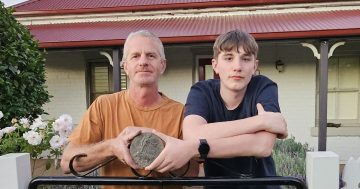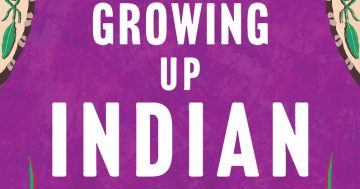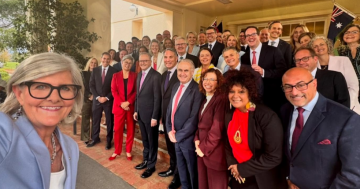 The unusual language surrounding the ANZAC Day tradition of playing two-up has been explained in a book from Australian National University (ANU) Professor Bruce Moore.
The unusual language surrounding the ANZAC Day tradition of playing two-up has been explained in a book from Australian National University (ANU) Professor Bruce Moore.
Associate Professor Moore said his book, Come in Spinner: A History of Two-up and Its Language, examined the 140 unique words and phrases associated with the game, which is an important part of Australia’s cultural history.
“The cultural importance of the game has much to do with the association between two-up and the development of the Anzac legend,” Professor Moore said.
“Two-up was played widely during the First World War and after the war it became an integral part of the memory and commemoration of the experience of war,” he said.
“Returned soldiers played two-up after the Anzac Day march, especially because it memorialised and recreated the camaraderie and mateship that had helped them to survive the horrors of wartime experience.”
Professor Moore said that although the phrase ‘come in spinner’ was now thought of as essential to two-up, it didn’t become part of the game until the Second World War.
He said that before WWII, the coins were spun after the call of “fair go”.
“The book explains how the phrase ‘fair go’ first appears in the context of the Queensland shearers’ strikes in the 1890s, and about the same time becomes a central term in the game of two-up,” he said.
“As the same time as the workers were demanding fairness in their wages; those played two-up celebrated its status as the fairest of gambling games.”
Associate Professor Moore said many features of the game, especially the small wooden kip that’s used to toss the coins, were likely to have originated in Dublin.
Professor Moore’s book can be bought at Australian Scholarly Publishing at this PS News link.











